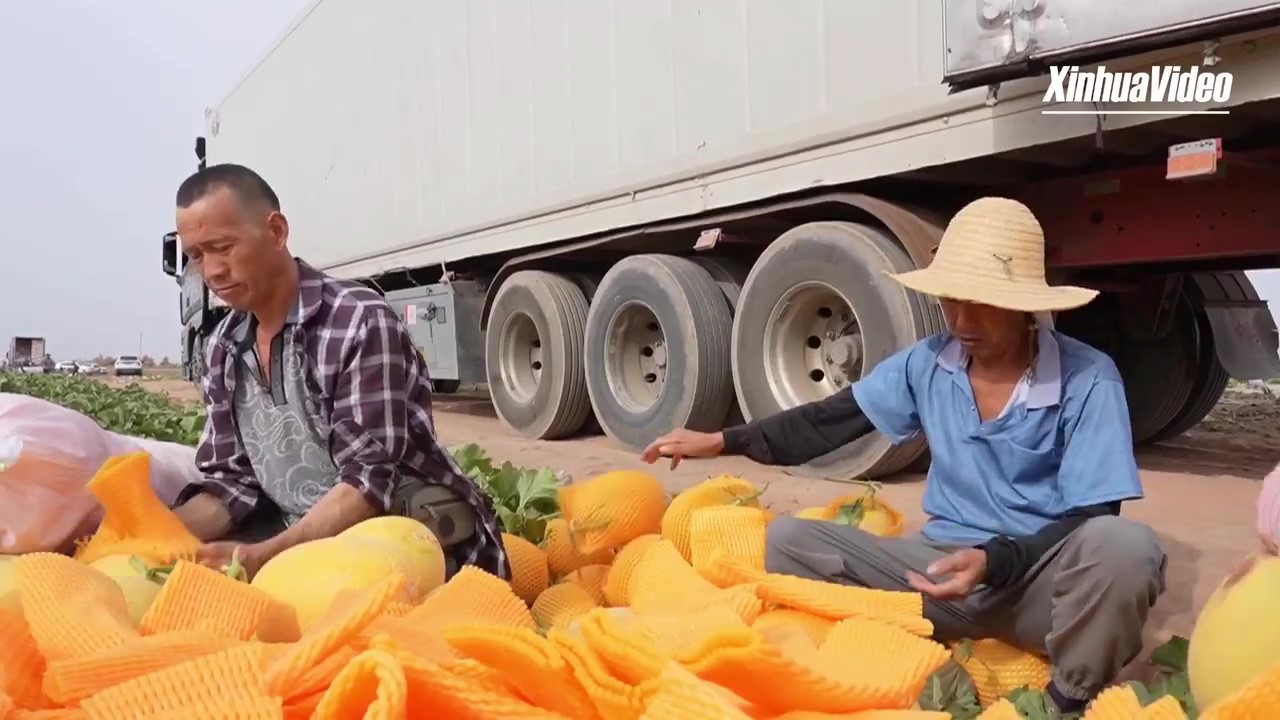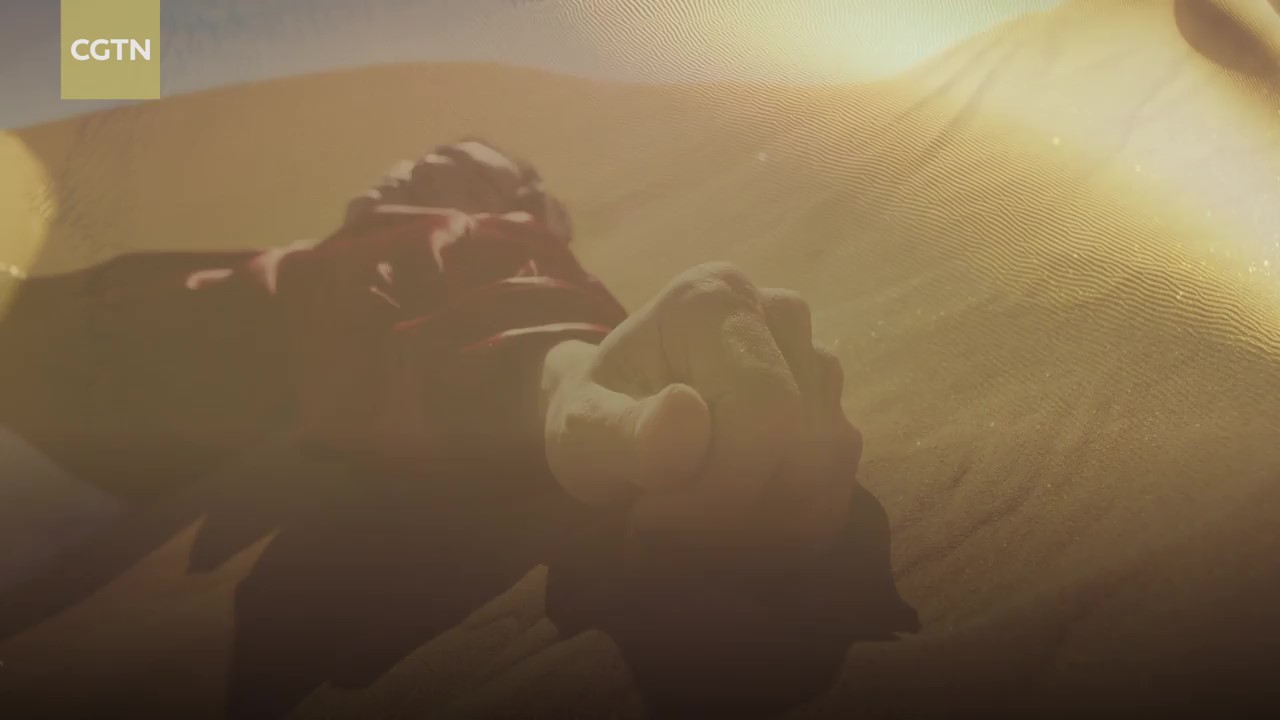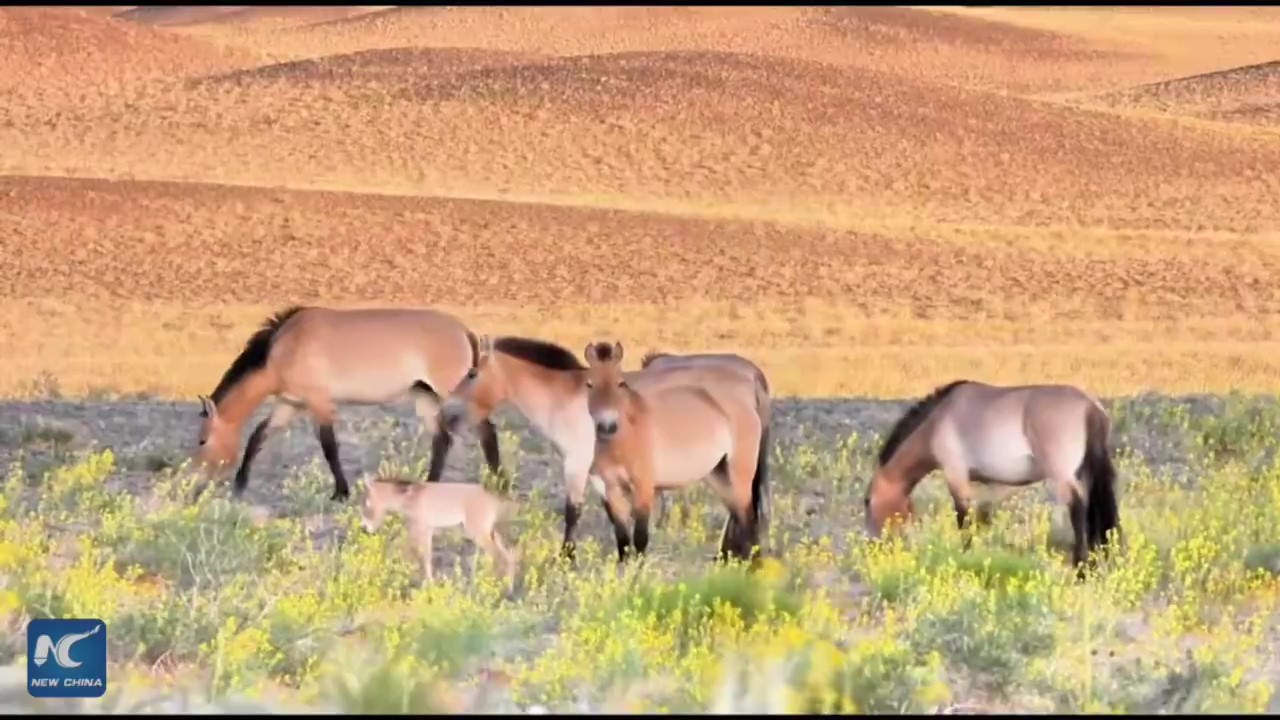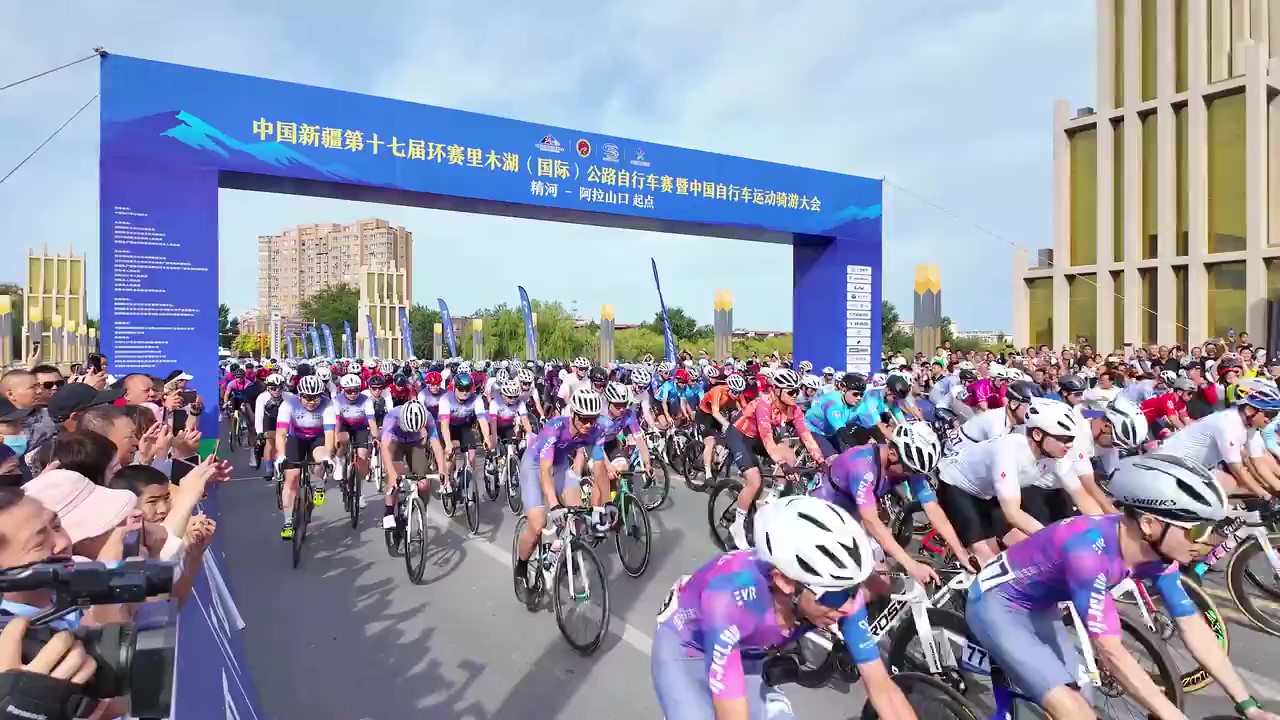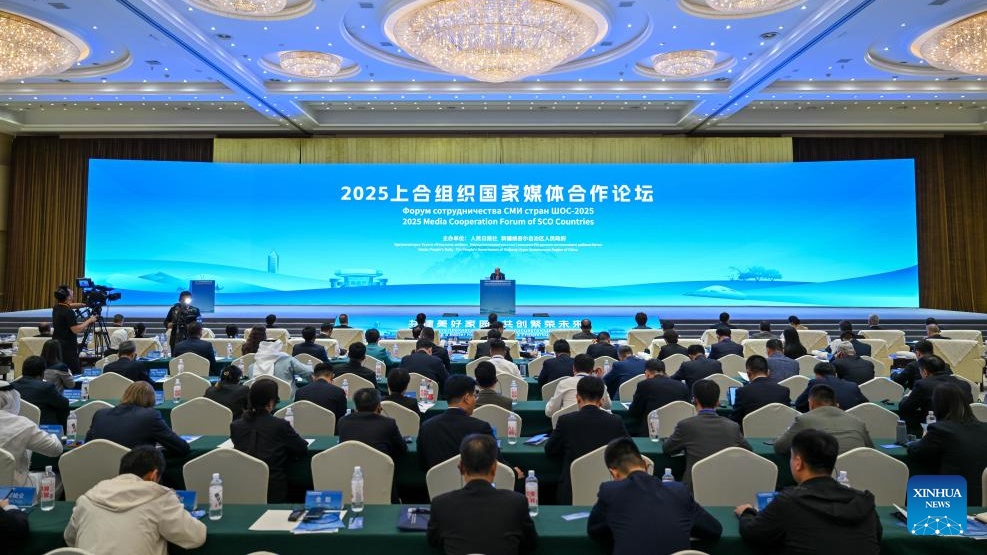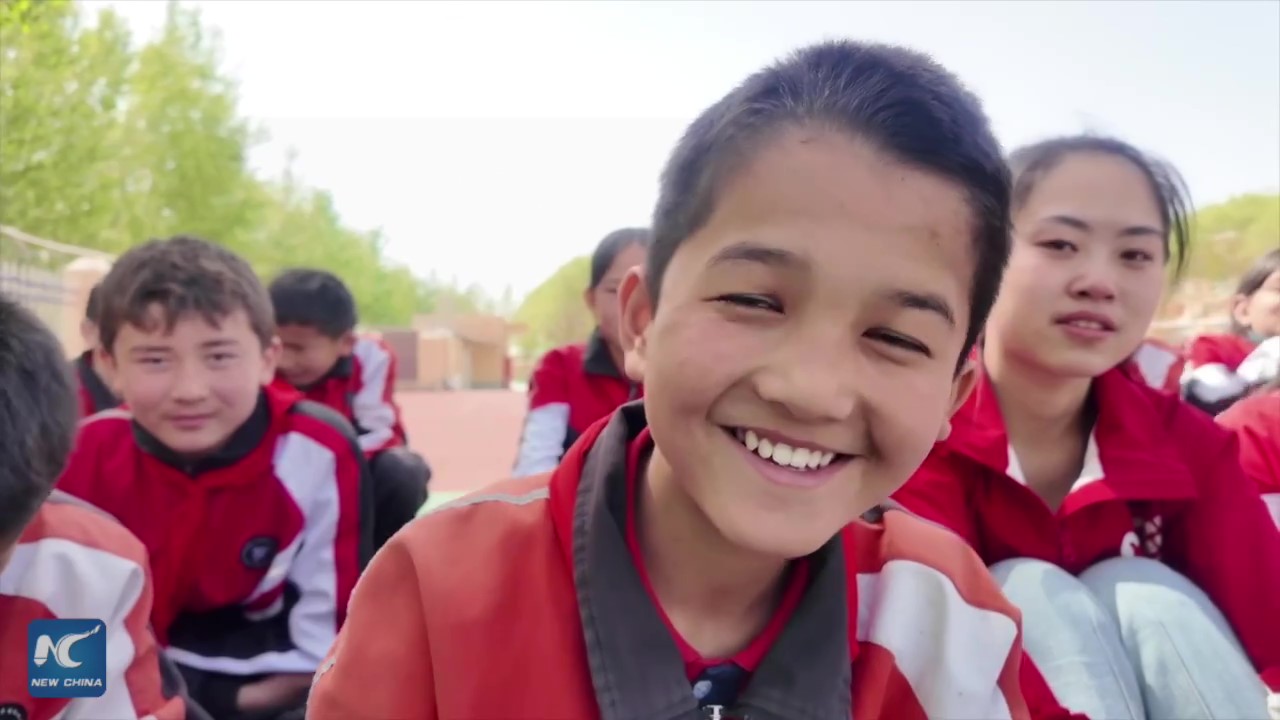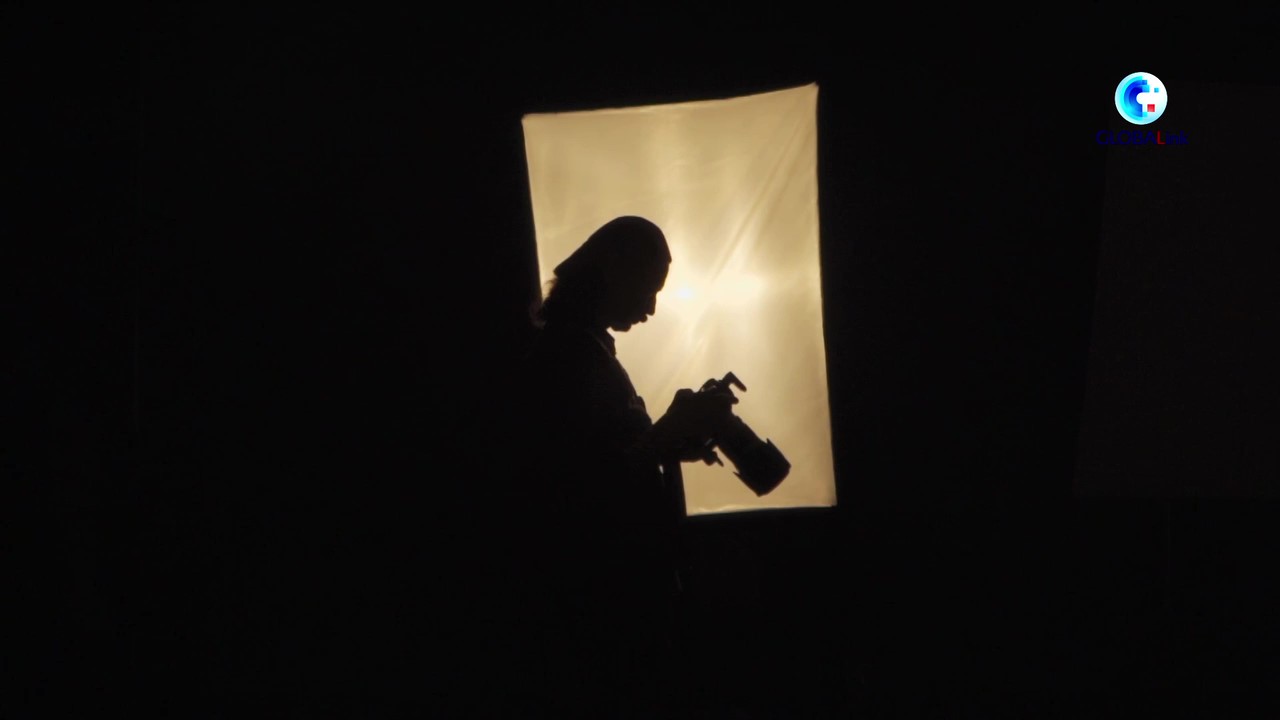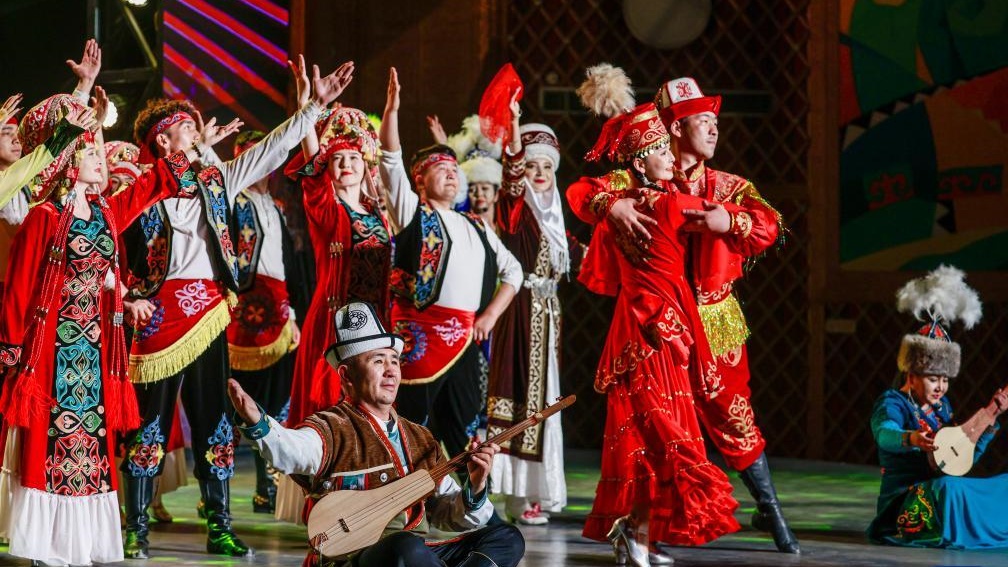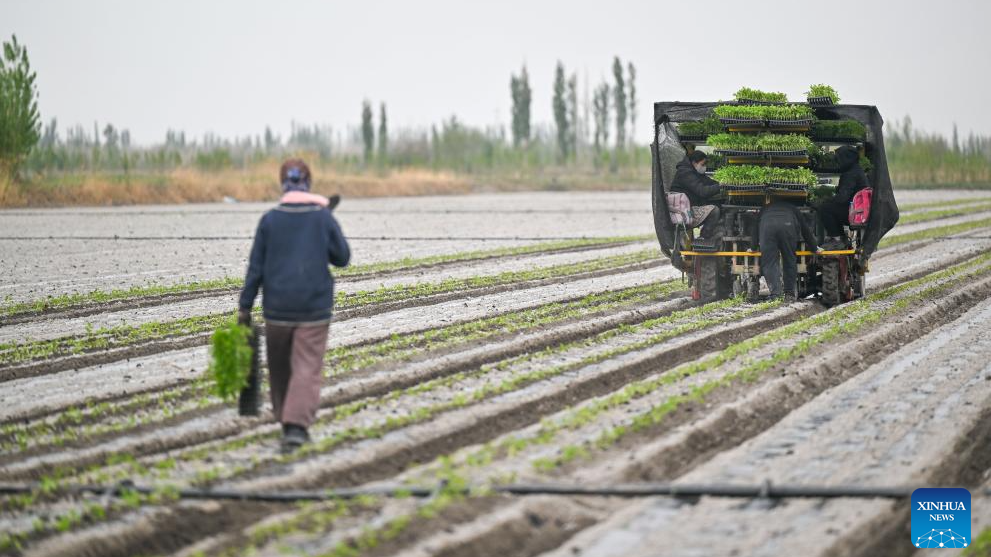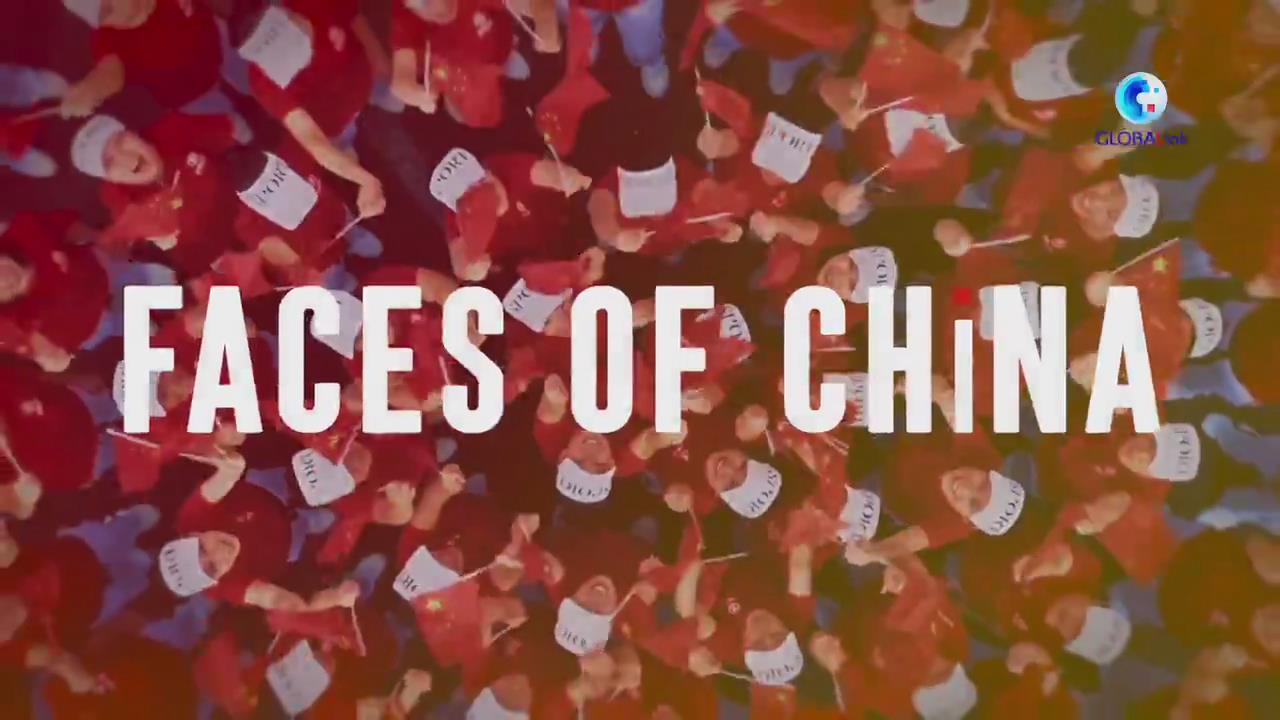Under the warm sun of Sanya, a coastal city in Hainan Province, athletes in traditional Uygur hats moved skillfully across the field. Using wooden sticks, they struck a tightly woven ball with precision, sending it soaring in graceful arcs.
"This looks like hockey!" a curious spectator exclaimed, sparking a conversation among onlookers. "They're using sticks to hit the ball and trying to score, just like hockey."
What they were witnessing at China's 12th National Traditional Games of Ethnic Minorities wasn't hockey but Maire Ball, an ancient Uygur sport originating from Hotan Prefecture in northwest China's Xinjiang Uygur Autonomous Region.
"It is indeed similar to modern hockey," explained Metrozi Imin, a retired sports official from Yutian County, Hotan, who has spent over 20 years advocating for the sport.
"But unlike hockey, it doesn't have a goalkeeper or strict requirements for field size or team numbers. From just a few players to dozens, you can start a match almost anywhere," he added.
Once widespread in ancient times, this traditional game still holds a special place in the hearts of the people of Yutian, a small town on the southern edge of the Taklamakan Desert, the world's second-largest shifting sand desert.
In Yutian, Maire Ball is more than just a game -- it is a way of life.
"It is as popular as soccer in our county," said Metrozi. "From elders in their 70s to toddlers, everyone takes part in games, regardless of age or gender."
In 2019, the Yutian team made their debut at the 11th Games in Zhengzhou, Henan Province, earning widespread admiration. This year, they brought their passion to Sanya with a diverse lineup of players, including farmers, a baker, and a fruit seller. Among them was team captain Umarjan Memetmin, a middle school teacher.
"It's a great opportunity," he said. "We want to showcase this sport to the nation and share stories about the remarkable progress in southern Xinjiang."
The team's journey to Sanya was no small feat. It began with a 20-hour train ride from Yutian to Urumqi, the capital of Xinjiang, followed by a five-hour flight to Sanya.
"After three days of travel, we finally made it here, and it was worth it," Umarjan said.
The resurgence of Maire Ball has paralleled the county's broader development. With support from local government initiatives and the national pairing assistance program, residents have seen rising incomes and expanding opportunities.
Abdulaeziz Abduhewar, a farmer and player, credited local agricultural growth for his family's improved livelihood.
"Thanks to growing fruits like grapes and peaches, we are now more financially secure, and I can spend my free time playing the sport that I love," he said.
In 2021, Maire Ball was added to China's national intangible cultural heritage list, marking a new era of preservation and promotion.
The local government plans to introduce the sport in schools, ensuring that the next generation can experience and carry forward this cherished tradition.
"We want children of all ethnic groups to experience this part of our heritage," said Talip Abduweli, the county's sports office director.
"For decades, the Uygur's Dawaz (tightrope walking) has been known nationwide. Now, it's our turn to shine," said Metrozi.

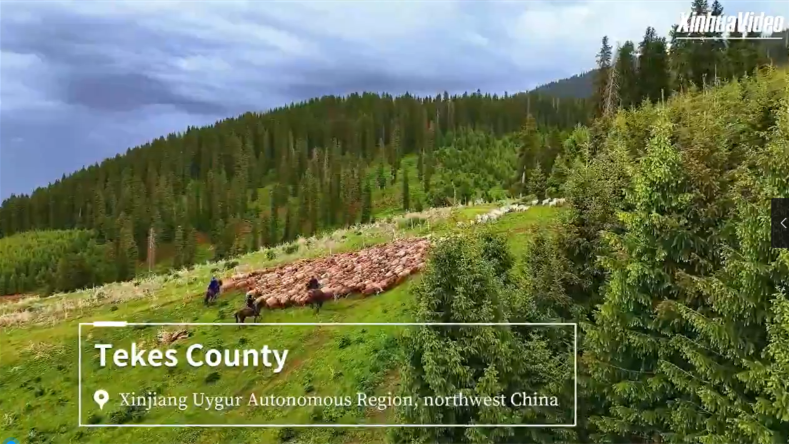
.png)
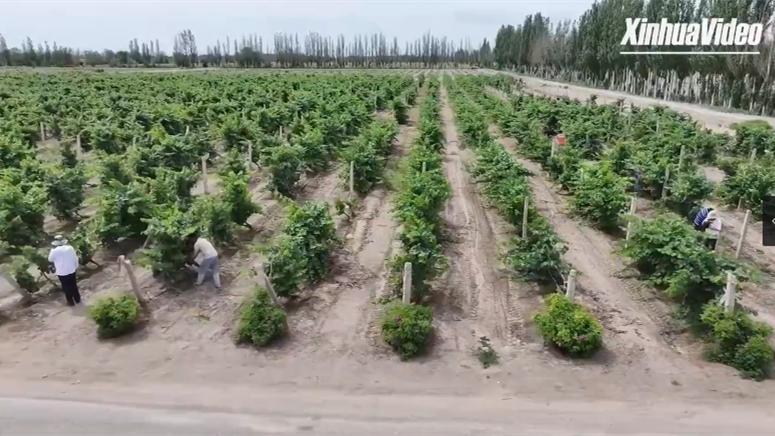
.png)

.png)




